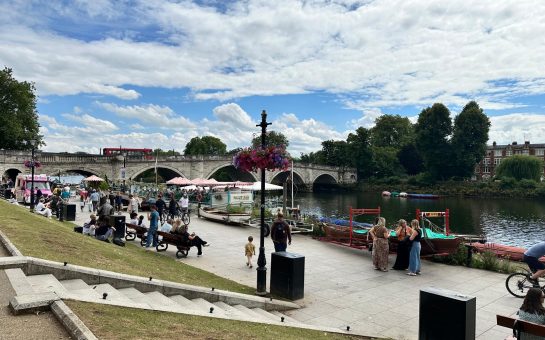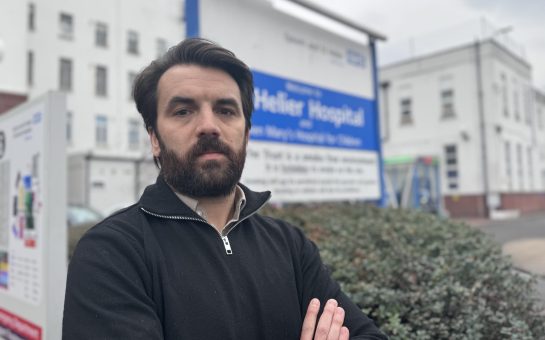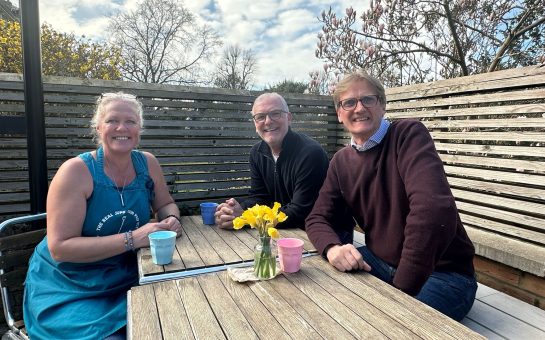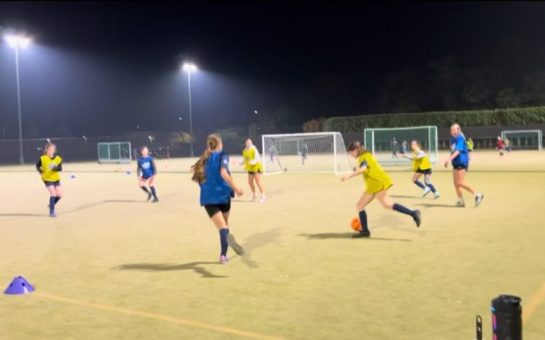Richmond Council has approved plans to increase council tax by its lowest amount for five years in a bid to deliver a “fair finance deal for everyone”.
Councillors signed-off the budget proposal, which will see council tax increase by 0.6%, at a full council meeting on 2 March.
Since the start of the pandemic, the Liberal Democrat led Richmond Council has provided council tax reductions of 100% for 6,309 residents.
Lead member for finance, Cllr Robin Brown, said: “We have spent the last few years carefully managing the council’s finances to ensure we can deliver a fair finance deal for everyone.
“I am delighted that this hard work has put us in a position to give residents some relief as we head into a second tough year.”
The council also agreed a 3% increase in the Social Care Precept, which will see council tax bills go up by 3.6%.
With the GLA precept, which is due to increase by 9.51% this year, residents’ overall council tax bill will amount to a 4.65% increase.
A Band D property will now pay £1,958.66 this tax year, a rise of £87.02 compared to last year, while Band A properties will pay £1,305.77, an increase of £58.01 on last year.
Brown said the council recognised the financial pressure faced by residents, which is why it has also agreed to freeze fees and charges.
The council announced it will be making savings of £2.6million in time for next year’s budget from procurement and contract efficiencies.
Meanwhile, the council has allocated an additional £2.4 million to reflect increased demand for children’s social care services
This is on top of a £1million COVID-19 Recovery Contingency Fund to respond to changing needs in the year ahead.
Other measures include a further £200,000 within the Economic Development Service to support local economic recovery after the pandemic.
However, Conservative councillor Aphra Brandreth criticised the council tax rise citing residents’ loss of income during the pandemic.
She said: “Perhaps you might assume that budgets are tight, and that raising taxes are sadly necessary.
“Yet, despite the huge challenge presented by Covid, this council finds itself this year in a far better financial situation than expected than expected.”
Her comments come amid a projected underspend of £5.7million this year.
She added: “This council has the means to reduce the general level of council tax to help young people whose education has suffered, to support those whose mental health has been impacted and to give all our high streets the help they desperately need.”
She proposed an amendment that would see the allocation of £500,000 to assist vulnerable children with catching up with school, with an additional £100,000 for mental health services.
The amendment failed to attract enough votes, with the full budget proposals passing with a strong majority.




